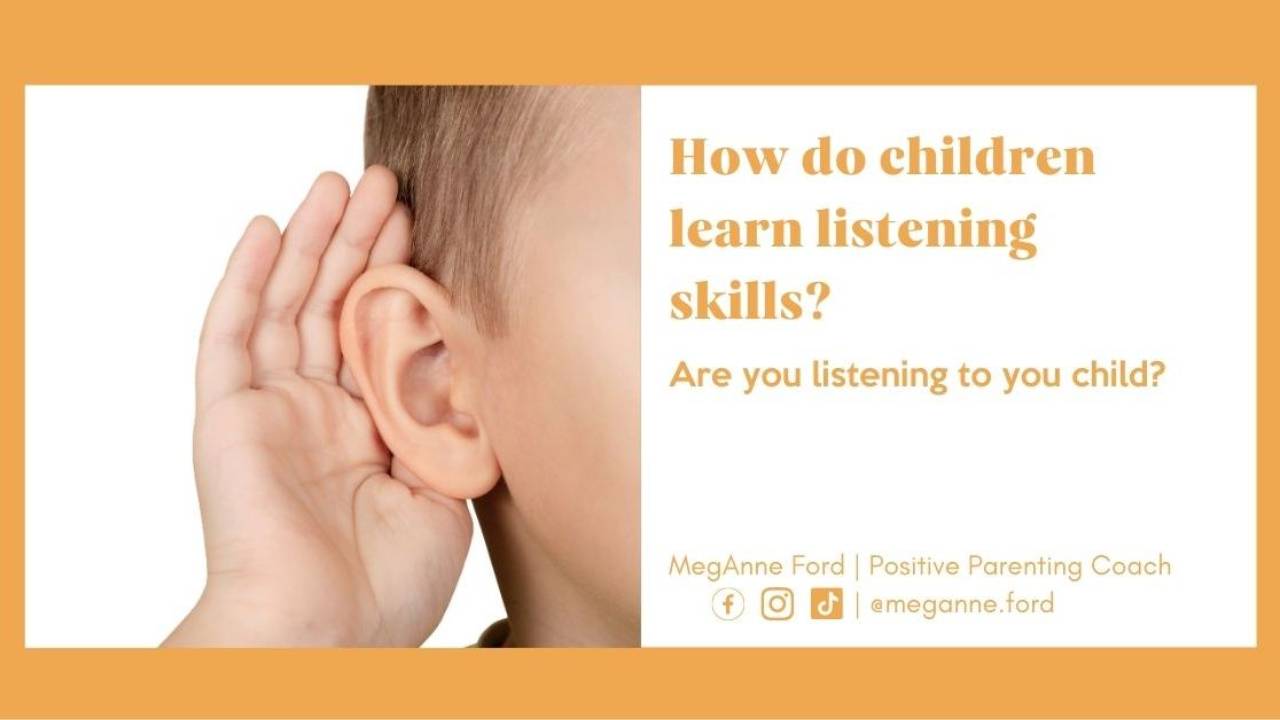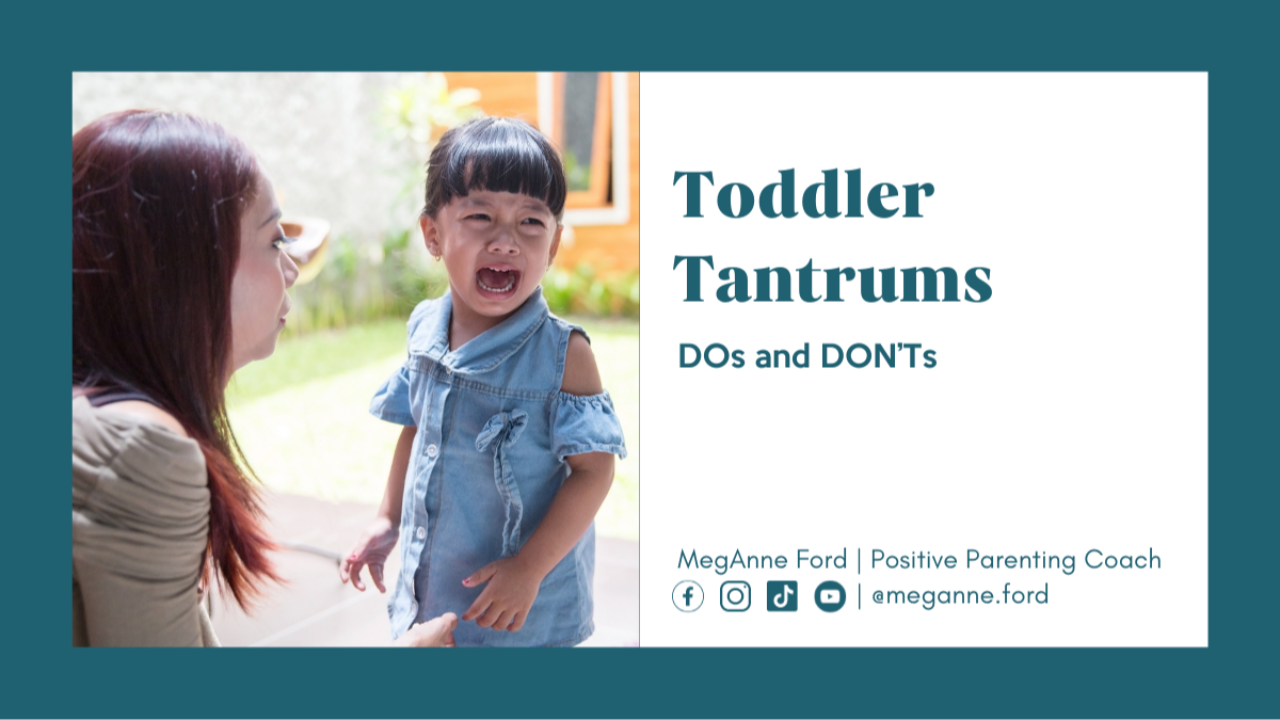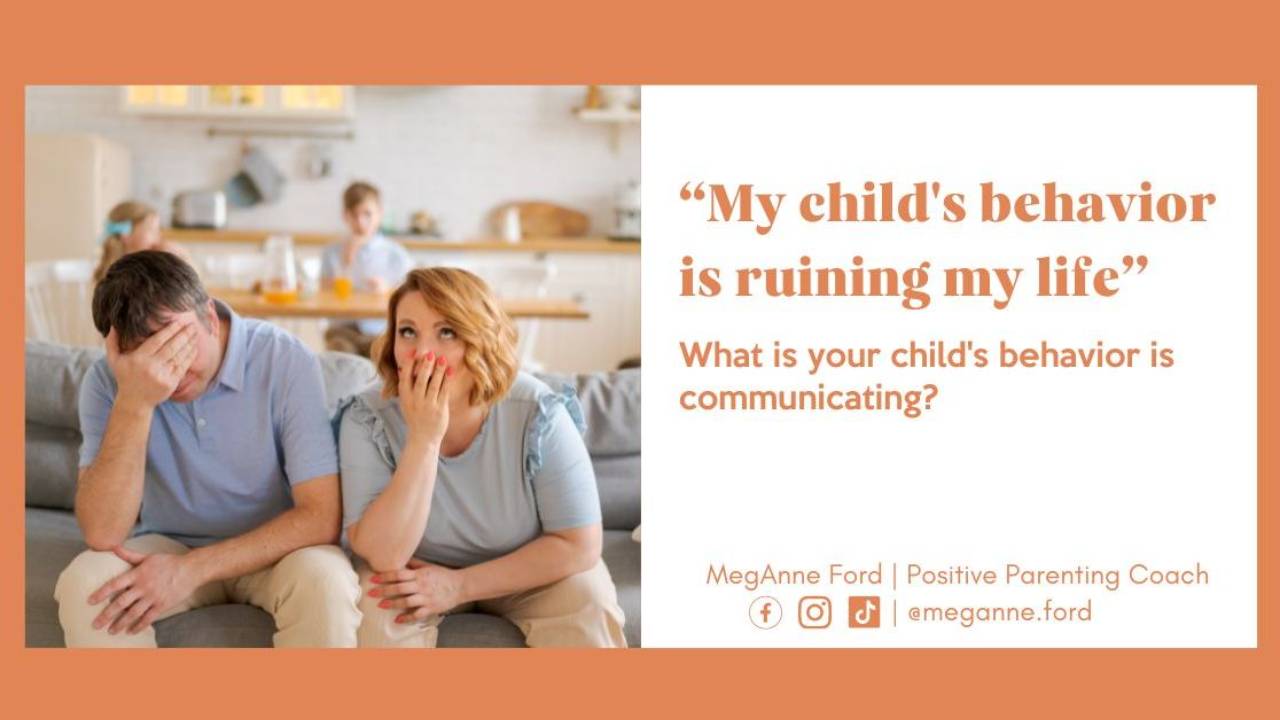Have you heard of “pink tote lid moments”? I first saw it on TikTok.
The initial post showed a girl getting yelled at by a parent about a pink lid. People then started to share times they were yelled at for silly reasons as kids—seriously silly stuff, like the color of a lunchbox.
I saw these stories and thought, “Wow, this is so true!” It reminded me of my own “pink tote lid moments” growing up.
Takeaways:
- Discover the hidden reasons behind yelling and how stress plays a bigger role than you think.
- Learn three easy strategies that improve communication with your kids.
- Find out how to repair the damage, rebuild trust, and turn mistakes into moments of connection.
- Explore how parenting styles are changing and why emotional regulation is the key to staying calm.
As a parenting coach, I know these stories can be tough for parents to hear. My clients also have their own moments from their childhood and moments with their kids. That is why they seek out help; they want to do better. After seeing videos like that, it’s like holding up a mirror to how their actions affect their kids, even if they didn’t mean to hurt them.
But here’s the thing: yelling is a totally normal reaction when parents feel stressed and out of control. Our brains go back to how our parents handled things, even if we don’t like it. We snap, criticize, or say things we don’t mean, have you ever heard the model of the hand?.
Think about it: you’d probably never yell at another adult like that (except maybe your own parents, right?). So why do we yell at our kids?
The truth is, yelling usually comes from feeling angry and irritated. It’s not something we do when we’re happy and calm. And even though it’s normal, it doesn’t mean it’s the best way to communicate.
So, what can we do instead of yelling?
Here are a few simple tricks:
- Get Close and Make Eye Contact: Don’t shout across the house! Go to your child, get their attention, and make sure they’re really listening.
- Say “I” Instead of “You”: Instead of saying “You need to get the pink tote lids,” try “I need the pink tote lids.” This small change makes a big difference! It shows you have a need, not that you’re trying to boss them around.
- Have Them Repeat It Back: Ask your child to repeat what you said. This helps make sure they understand and avoids misunderstandings.
What if I already yelled?
Everyone makes mistakes! The important thing is to make things right. Here’s how:
- Realize you messed up: Notice how your body feels – maybe your stomach hurts, or your muscles are tense. That’s a sign you need to apologize.
- Tell your child you made a mistake: Say something like, “I made a mistake.”
- Say you’re sorry: Tell them you’re sorry for yelling and hurting their feelings.
- Make a plan to change: Think about how you can do things differently next time. Maybe you need to take a deep breath before speaking, or maybe you need to find a new way to ask for what you need.
Remember, nobody’s perfect. We all yell sometimes. You have the power to learn new tools!
Is it okay to yell every once in a while?
Who gets to decide when it’s okay to be yelled at? The child or the parent? And is there any other relationship context in which we allow for verbal abuse to be okay and acceptable?
We are at a very interesting time in our society and how it relates to parenting and caregiving. We are moving from an authoritarian ran (fear-based punishment) generation and crashing into a softer, permissive generation.
Two sides of the same parenting motivation – fear.
In that transition, there will be gaps in parenting techniques- and the pink tote lid moments highlight those gaps.
When a parent has reached the end of their calm and is defaulting back to their own firm parenting tools (probably inherited from their own upbringing and left unexplored)– like sarcasm, snapping, and criticizing– these tools are harsh and hurtful.
Although the parent is displaying these behaviors, chances are they would never tolerate that behavior from another adult (other than their own parents, perhaps).
So, to say “it’s not unusual,” I would agree that it is a usual and predictable response when a parent is over their emotional capacity and emotionally immature.
It is unusual for that response to come from an emotionally regulated and emotionally mature parent. Have you ever tried to yell at someone harshly when you feel happy? Probably not- it’s a tool reserved for anger and irritation.
That being said, there are other and more effective communication tools that are available. That may require some education and practice of those tools.
No such thing as Perfect Parenting
I don’t believe in parenting perfection. Instead, I value making mistakes and repairing those mistakes. It’s a valuable part of ensuring a healthy and strong relationship. So when we lash out at another person, it’s a BIG sign that we need to slow down, practice self-reflection, and then move into repairing the rupture.
Part of repairing is apologizing. As a parent coach, I teach an entire module called “recovery,” which is all the work that happens after a point of conflict. I teach the 4 A’s of apologizing:
- Step 1: Awareness– This is being aware that you acted in a way that caused harm. This is a silent personal step that is often associated with guilt. The tense muscles or pit in my stomach. It’s the signs that I messed up.
- Step 2: Acknowledge– This is literally acknowledging the mistake verbally to the person/people who were harmed. Sounds like “I’ve made a mistake.”
- Step 3- Apology– This is saying the words “I am sorry for _____.” In this step, you are validating the hurt and harm caused.
- Step 4: Action– This is the plan of what will change so that the mistake doesn’t happen again. It’s been said that an apology without change is manipulation– and I fully agree.
Repair work is not about absolving guilt or even admitting guilt and being open for punishment, it’s about acknowledging and healing pain that was caused, often, unintentionally. And inside that plan is the accountability that growth can and will happen.
If you are reading and thinking this makes sense, Be Kind Coaching offers programs to help you balance your parenting toolbox, including the R-Recovery.






